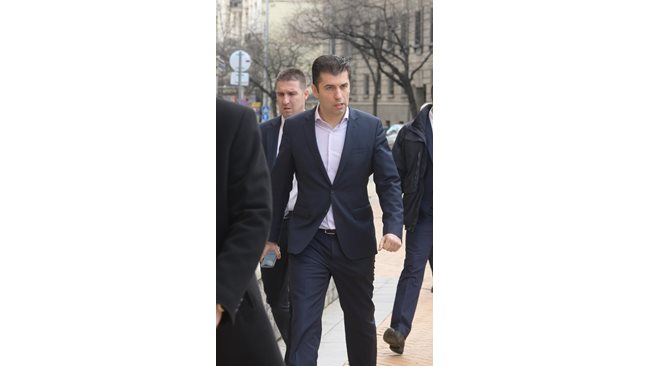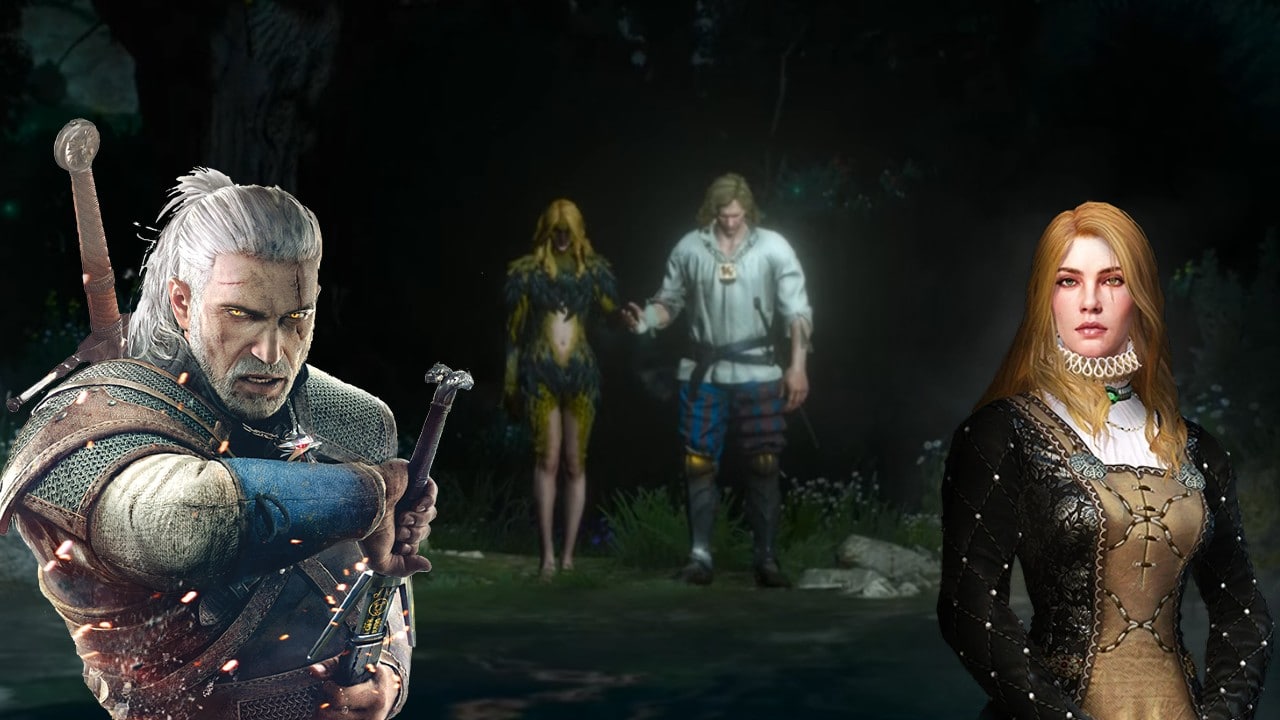It is possible that two of the partners provoke tension
There are 5 thresholds before the government of Kiril Petkov in the next 60 days. If they do not stumble and one of the partners does not come out dissatisfied with the coalition, the plan is to reach the local elections in the autumn of 2023 in this format.
This is the maximum plan, because war and prices do not guarantee any government in the world a full term in office.
However, it is possible that two of the partners will provoke tension, MPs from the government expect.
The most seriously suspected is “Democratic Bulgaria”, and Slavi Trifonov’s party has the most appetite for posts. Oddly enough, even Cornelia Ninova’s opponents are convinced that the BSP leader is the pillar of the government. Even Hristo Ivanov confirmed that he works well with his otherwise ideological enemy, the BSP.
The five thresholds for the ruling coalition are: the election of the BNB chief, the Supreme Judicial Council and a new chief prosecutor, the Electronic Media Council and BNT director, prices and income – the government is expected to offer assistance not only to business but also to retirees and the poorest. In the party itself, the PP is seriously considering it – a kind of “military addition”, the BSP traditionally insists on such moves.
Sociologists Andrey Raichev and Dimitar Ganev added Boyko Rashkov to the 5 thresholds described by the deputies.
“The truth is that we are witnessing symbolic violence. This is violence, which is a kind of “I just swing, but I stop and I don’t hit.” This symbolic violence in Bulgaria is not a new practice. The BSP was subjected to symbolic violence, then disappeared under Simeon and then reappeared under Tsvetanov, “Andrei Raichev told BTV on Sunday on the occasion of the arrest of GERB leader Boyko Borissov at the end of last week.
According to him, the operation carried out with the arrest of Boyko Borissov is “a very serious failure of Rashkov”, which deceived the Prime Minister.
“These are not stupid people, they trusted Rashkov, they hoped to find something like bundles and bars, this is the only explanation,” Raichev commented.
According to him, the actions created tension in the coalition, because “We continue the change” did not warn their partners about it and they learned about Borisov’s arrest from the press release of the Ministry of Interior with everyone else.
Before the Prime Minister and “We continue the change” there are two options – either to support Rashkov and
to sink with him, or to be free from internal Minister,
which shows an inability to do anything but make noise, Raichev said. GERB is coming out of the isolation it was in because of the actions of the Interior Minister, the sociologist claims.
“If it comes to slipping by someone, I don’t know what the role of Boyko Rashkov is. If there is no responsibility to take,
this will weigh as a mill stone of this management ”,
said Dimitar Ganev of the Trend Research Center.
When it comes to the arrest of the opposition leader, it is a political act above all, not just the detention of an individual. In this case, you have to have such evidence to convince the audience that you are right, that there is a need for this thing. Otherwise we are left with a bitter taste. That’s exactly what we didn’t see.
“Before the arrest of Borissov, GERB is static, with a result close to the results of last year’s elections, and the PP is at a minimum distance from GERB,” Dimitar Ganev told BNR. The exact effect of this arrest will be determined next month, the sociologist told 24 Chassa.
GERB MP Lyuben Dilov said it was better to have
officially government
of Rumen Radev, rather than a quadruple-torn quadruple coalition in which it is not known whose responsibility it is.
According to domestic political observers, this fits into the context of GERB’s short-term tactics to split the coalition by supporting certain decisions. The first attempt was the idea of sending missiles to Ukraine.
An idea that doesn’t make much sense, because Bulgaria has two working S-300 complexes that are unlikely to help defeat Putin.
GERB stated that they would support any help for Ukraine, with the idea of BSP and DB to quarrel along this line and the government to fall.
It did not happen, but GERB MPs believe that such tactics will inevitably work in the next two months, and therefore observers expect that they will continue to try in this direction.
In a series of expected challenges to the ruling coalition and the integrity of the government
the first threshold is the choice of Governor of the BNB
There, the deadline is a week to gather candidates. It is known that the ITN is held by Lubomir Karimanski (see below).
“We continue the change” still has no official candidate. However, there is slight tension in the big coalition party, as a week ago they suspected that GERB, MRF and Vazrazhdane had agreed to support Karimanski.
That is why the search for a new governor was extended at the last moment.
The next one thresholds are crisis measures
to support the population.
Then come the appointments in all kinds of state bodies, which according to the PP sabotaged the government.
There, GERB will also apply the tactics of supporting a candidate from one party, not the coalition. However, it is possible to support the current head of the BNB Dimitar Radev.
The opposition believes that if the PP nominates its candidate and Karimanski remains in the battle for the bank, blaming one of the two will cause an “urgent” parliamentary crisis.
The other big one threshold is the choice of composition of the CEM and
the choice in general of General director of BNT
This seems small, but this may be the insurmountable obstacle – there was a consensus between the BSP and the DB not to be a person named by Slavi.
The tactics were supported by GERB for a candidate nominated by the ITN, which would irritate the ruling coalition.
This is actually a relatively urgent problem.
However, before reaching BNT, a very serious clash of political interests is expected due to the Electronic Media Council.
For official candidate of PP is considered Assen Григоров,
Adviser to the Minister of Transport Nikolay Sabev.
Grigorov did not pick up his phone yesterday to comment on this version.
The other candidates speculated are Krum Savov as an ITN candidate, Sasho Dikov and Sasho Yovkov.
Whoever liked the different political forces as the TV boss will actually be elected by the CEM. But before that, the CEM itself must be renewed, because the mandates of three of its members expire at the end of April.
The easiest way will be to replace the chairwoman Betina Joteva, who will no longer be on the council from April 27. It is the election of President Rosen Plevneliev and now Rumen Radev will simply have to issue a decree for appointment from the presidential quota.
Thus, he will have two representatives in the CEM, who received their position thanks to him.
Some time ago he appointed Sonya Momchilova there.
However, two other members – Sofia Vladimirova and Rozita Elenova, are from the parliamentary quota and it is the parliament that must choose who to replace them. And here come the difficulties not because of the forthcoming submission of documents, hearings, voting in the plenary hall, but because there are two seats and the parties in the coalition – four.
And of course, the chief it is a stumbling block the new composition of the SJC,
to remove the chief prosecutor, which is almost the main goal of the ruling coalition.
The only way to replace Ivan Geshev relatively quickly is to replace the Supreme Judicial Council, whose term expires in September. That is, to have a new chief prosecutor in October.
The quota of magistrates in the SJC is chosen in the summer, but the parliamentary quota must be chosen by September. Before that, the parliament must elect a new composition of the Inspectorate of the SJC, whose term has expired for more than a year and this body is practically illegal.
The changes in the prosecutor’s office are the biggest threshold that the ruling coalition must cross in order to continue ruling, because there will certainly be votes from the opposition.
The PP wanted them to propose the head of the BNB, and the ITN stumbled upon Lubomir Karimanski
According to the coalition agreement, the four parties that make up the ruling coalition must come forward with a single candidacy for a new head of the BNB, as the term of the current governor Dimitar Radev expired last year. Meanwhile, the terms of two of the central bank’s deputy governors have expired. The deadline for submitting the candidacy for a new governor, which must be voted on by the plenary hall of parliament, expired on March 18th, but no one has submitted any candidacy and there is an extension of this deadline by another 7 days.
According to rumors, the current situation came after the PP introduced a new name for the post – Ana Raicheva, a graduate of Princeton in 1994, worked at City Bank until 2016, after which she founded her own fund. However, the lack of a master’s degree proved to be a problem, so the nomination was dropped. Now they were expected to propose a Bulgarian from an international financial institution, a name that was not yet in circulation, but met the conditions.
The only relatively clear candidate comes from ITN – this is Lubomir Karimanski, who has long been linked to a proposal by Slavi Trifonov’s party. He was even formally nominated in the previous parliament when it was decided to cancel the procedure. Now, however, his candidacy has not been confirmed by the submission of documents by the deadline.
Last week, from the debates on the issue in the plenary hall, it became clear that there are rumors against the PP in the coalition on the issue of electing a new head of the BNB. There was a conversation in the parliament, in which it was understood that the PPs have a candidate who meets the legal requirements and many wanted to be their candidate.
The PP proposed that within 14 days from the date of adoption of the rules in the hall to submit the candidacies for a new manager. However, the answer of their coalition partners from ITN was: The deadline should be six months, one – to prepare a scenario, one to select candidates, then the elected to be locked for 4 months in one house and to negotiate which of them to head the BNB.
Finally, the proposal was approved, approved by the Budget Committee, to be seven days from the date of adoption of the change in the hall, which took place on March 18. At the meeting of the Admissions Committee, all voted against the PP, which abstained.
The debates themselves were more than strange – with many requests for a break, lack of quorum because MPs did not register, and mutual accusations.
Andrei Gyurov of the PP said the position was important, but the war changed the candidates’ priorities for the position. So he asked for “time to sit at the negotiating table, at least another 20 days”. “Exactly during the war there must be a legitimate governor of the BNB,” said Kiril Simeonov of the ITN. And he wondered what the war had to do with the BNB, unless “the potential candidate is not at the front at the moment.”
–


